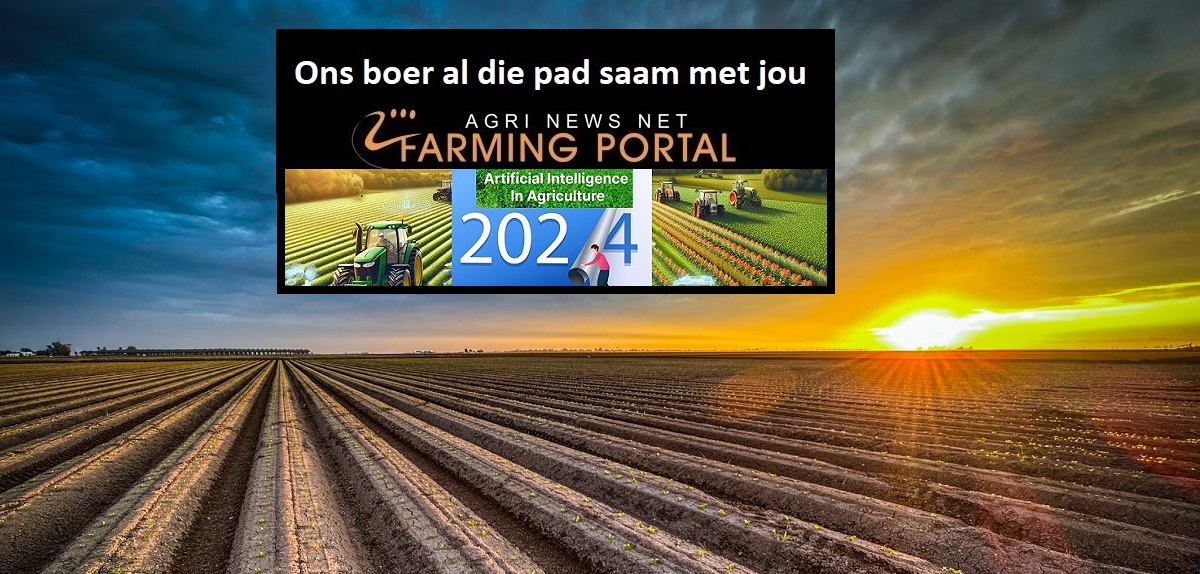For more than a century, nations have measured societal gains in terms of economic growth.
But a new review published in the journal Lancet Planetary Health in January 2025 questions that convention. It concludes that humanity would benefit more if it aims for ecological sustainability and stays within the limits of what Earth can provide, rather than pursuing relentless growth.
Capitalism as practiced today relies on the boundless expansion of economies, measured annually by changes in a country’s gross domestic product, or GDP, over time. But across history, that drive to create well-being by manufacturing more goods and services has consumed vast amounts of Earth’s resources and energy.
But what if those resources begin to run out? Or, more pressingly, what happens when resource extraction and making all that energy threatens the ecosystems at the very foundation of life on Earth?

Addressing the limits to growth
For more than 50 years, researchers have wrestled with these thorny questions and searched for alternative economic approaches to ensure human well-being and survival. That quest was triggered mainly by a seminal book titled The Limits to Growth. Published in 1972, it posited that Earth’s resources are finite, with the authors also attempting to estimate when overconsumption might bring resource overshoot and societal collapse.
The debate over Earth’s carrying capacity and limits continues today and is addressed in the new review. More than ever, analysts worry that our overriding drive for economic growth is shaping our planet in ways detrimental to human health and well-being, as people struggle to maintain quality of life in the face of rising temperatures, drought and floods, wildfires, rising seas, diminishing biodiversity, deforestation, and ecosystem degradation.
In 2009, scientists tried to get a handle on precisely how human activities are impacting nine Earth systems vital to supporting life. The result was the planetary boundaries framework, which attempts to define the safe operating space for humanity, while also measuring the degree to which people and technology destabilize these Earth systems. As of 2023, scientists found six of the nine boundaries had been transgressed and in the danger zone, including climate change, loss of biological integrity, and land-use change.
“We know we’re crossing [the boundaries],” said Giorgos Kallis, an ecological economist and professor at Spain’s Autonomous University of Barcelona and the lead author of the Lancet Planetary Health study. “But the question is, what can we do differently?”

The quest for alternative sustainable economic models
The planetary boundaries framework and the threat of overshoot have spurred economists to develop alternative economic systems, including Doughnut Economics, which aims to define the safe, equitable space in which humanity can operate — existing between an inner circle defined as the “social foundation” which delineates people’s essential requirements for food, water and other necessities, and an outer “ecological ceiling” comprising the limits defined by the nine planetary boundaries.
Economist Kate Raworth first conceived of Doughnut Economics in 2012. Raworth joined Kallis as a co-author on the new review, which examines the world through the lens of the planetary boundaries to see how their transgression impacts human well-being. In the process, the researchers surveyed a range of economic disciplines along with more than 200 studies, analyses and modeling exercises that explored alternative approaches to ensure that both humanity and the environment persist and thrive in what they call a “post-growth” period.
 Global economy could face 50% loss in GDP between 2070 and 2090 from climate shocks, say actuaries
Global economy could face 50% loss in GDP between 2070 and 2090 from climate shocks, say actuaries
The result is “one of the most comprehensive overviews” encompassing a wide spectrum of post-growth research, said Bram Büscher, a professor of sociology at Wageningen University in the Netherlands who was not involved in the review.
Büscher also praised the new research for incorporating alternative economic concepts related to planetary boundaries. But figuring out “how to operationalize” these theories, he said, “becomes absolutely critical.”
The researchers say a key to continued human well-being is decoupling economic growth from environmental damage. Some countries, including Denmark, Finland and Sweden, have made strides in this direction — maintaining robust national economies, while embracing circular economy concepts to reduce resource consumption, reuse, recycle and be more sustainable.
Related to decoupling is the idea of green growth, which holds that investments in sustainable energy and clean production of goods and services will boost countries’ bottom lines. But the authors warn that even green growth can’t be infinite.
“What the economy is doing is transforming matter into goods and services,” Kallis told Mongabay, and that transformation requires energy. “If you have economic growth, you’re going to use more matter, and you’re going to use more energy.”
Kallis and his colleagues looked closely at societal changes that could ease the transition to a post-growth economy. Countries could, for example, invest in social safety nets that provide basic income, job guarantees and health care.
The team also considered “alternative infrastructures of housing, food [and] energy supply. What would they look like in a scenario of more downscaled resource and energy use?” The researchers suggest that taxes on wealth and carbon emissions could be plowed into these basic supports for human well-being.
However, fully funding such services remains a knotty problem for a post-growth future, according to Büscher. “How do you pay for this kind of stuff if you don’t have growth?” he asked. “This is a key issue in many policy discussions on both the left and the right in political debates.”

Real-world obstacles
As these theoretical explorations unfold, the world doesn’t stand still. Every day, the growth-driven demand for resources, goods and energy, especially in the Global North, continues unabated. And that consumption worsens deforestation, ecosystem degradation and the conversion of wild areas to agricultural lands, particularly in the Global South.
“Countries of the Global South have to separate themselves from dependence on global trade and exports to the Global North, and they have to try to recirculate a much greater share of their own labor and natural resources for their own industrial development,” Kallis said. The current system is “not a fair deal, because [the Global South is being] drained of very unequal amounts of human labor, energy and natural resources.”
A post-growth future in which Global North countries rein in consumption could reduce ecosystem pressures on less industrialized nations. However, the authors also caution that Global South countries must invest in their own supportive infrastructure for human well-being — infrastructure that’s not harmful to the environment.
Kallis acknowledged that the global shift to post-growth will require political will that’s hard to find right now.
“We see that the trends are moving very much in the other direction, so it’s not just a matter of doing the analysis,” Kallis said. Reframing the debate to include Doughnut Economics and other alternative economic models will have little value if the fixation with growth continues.
Global politics remain a huge sticking point. In the U.S., for example, newly sworn-in President Donald Trump is already using executive orders to ax government programs for renewable energy, automobile efficiency standards and electric vehicle buyer incentives. Meanwhile, virtually no nation on Earth is meeting its carbon emissions reduction target set by the 2015 Paris climate agreement, which the U.S. will leave in early 2026 due to another Trump order.
Environmentalists and economists now frequently find themselves unable to press forward with green initiatives. Instead, they must address backsliding by governments, financial institutions and corporations that Kallis noted are even going “back to developing oil” and exploiting other environmentally destructive resources.
“It’s a matter of people doing, of people forming the necessary alliances,” he said, “and of course, it’s a very uphill battle.”















